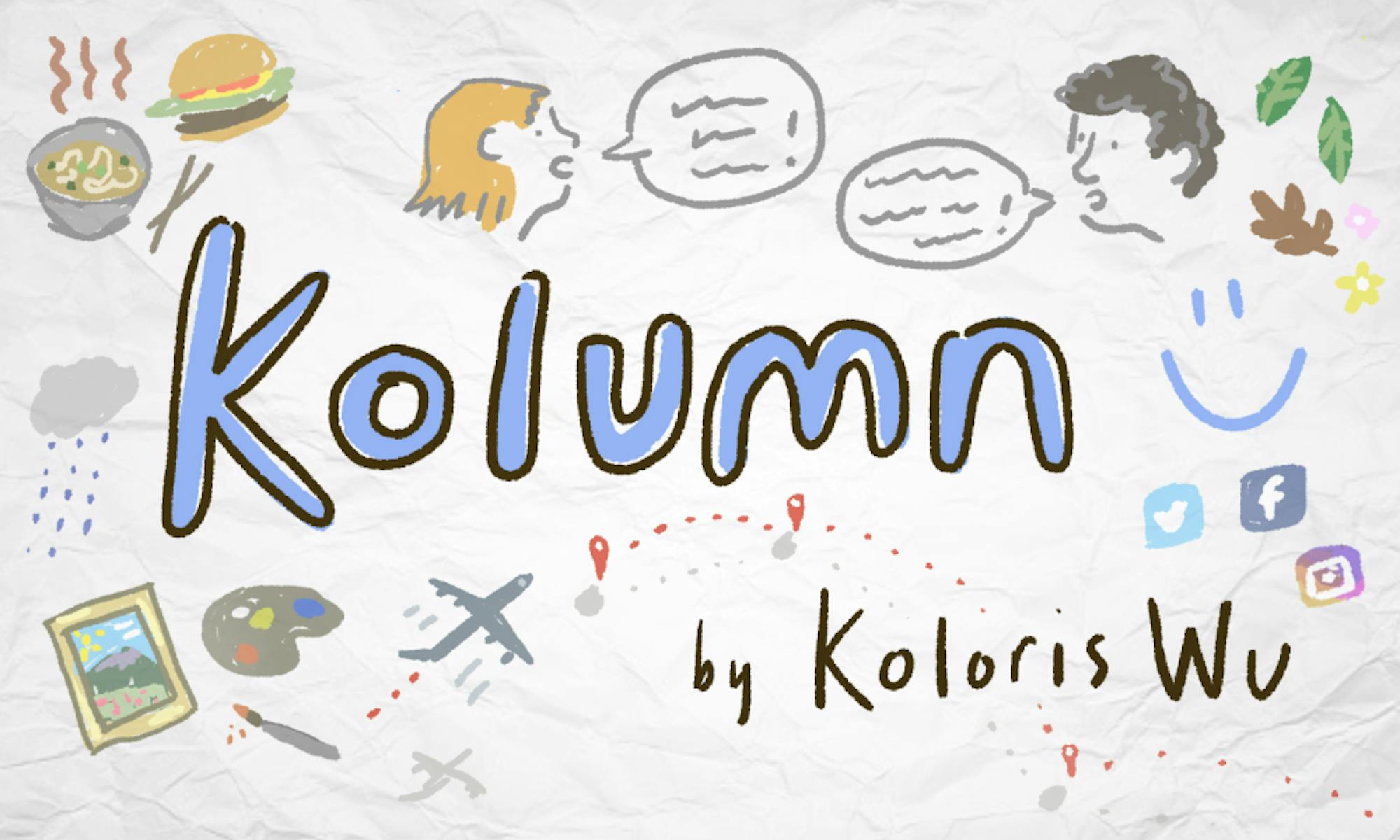Unfortunately, as a Chinese international student, returning home for summer break in 2022 was extraordinarily difficult.
It took me 21 days after taking off from LAX to arrive at my bedroom in Shenzhen, joined by high expenses and extreme mental exhaustion comparable to physical fatigue. I don't want to dig into too many details about this endeavor, but I am willing to authentically reflect upon the most notorious “14 days of centralized quarantine.”
After landing in Guangzhou, all flight passengers — mostly students returning from abroad — went through procedural testing and checking. People were then silently directed to disinfectant-infused buses like docile herds.
Destination? Centralized quarantine accommodations.
They varied in location, price and hospitality. After existing under strict Chinese COVID-19 travel policies for so long, someone had even made a public Excel spreadsheet with all the quarantine accommodation information.
Nevertheless, inbound arrivals still had no say in deciding where and in what condition they would end up. Optimists viewed this process as analogous to “opening a mystery box.”
My box of a room was in a new building that was initially established for residential purposes but is now expropriated for quarantine. It also abandoned whatever its original name was, adopting “Health Hostel” instead.
Being the cheapest accommodation of all, the condition was satisfactory: Every room had a balcony with a washing machine, where I heard people had screamed from.
The chief administrator fully acknowledged the potential trauma that could have been brought to human minds due to this claustrophobic “confinement.” We were asked to fill out a questionnaire investigating our mental health conditions on Day 1 and Day 7. Questions didn’t bother with circumlocutions, interrogating, “Do you have the intention to commit suicide?”
It is unclear what would differ if someone answered “Yes,” but useless measures were enacted to discourage you from doing so. For example, we weren’t allowed to buy any canned food or anything made of glass, because we might have used their edges to cut our wrists. But there was a mirror in every room — I guess it solely contributed to reflecting our miserable visages.
There is also a consulting hotline for emotional abreaction. The sign providing hotline information in my room wasn’t stuck on straight, like they did it in a rush. Or maybe they just didn’t care.
But they took physical health so seriously. Our doors were opened on designated days for nasal swab testing by medical staff who were armed to the teeth (in full-body protective gear). It was a two-way form of alienation: They considered us their tasks to be done; we deemed them unidentifiable strangers.
I am recounting this in a relatively neutral — or numbed, you could say — mood because to be honest, I was doing fine. I spent most of my time attending Tufts summer courses online, doing workouts and consuming fiction that I had wanted to read for years. Mostly, I was overjoyed by the fact that I was “home.” This feeling was emphasized by the almost overflowing condensation of the hot and humid Guangzhou air on the floor; I had to be extra cautious not to slip when doing exercises.
I will never forget this experience and the emotional complex it imposed on me. Even though the memories from this experience are fading away, the many standing-only workout videos saved on my phone, perfect for my room that was too small, will help me remember that time.






